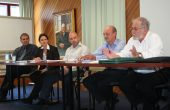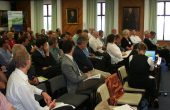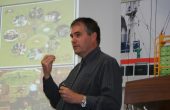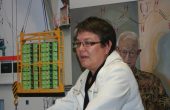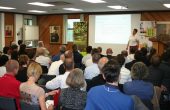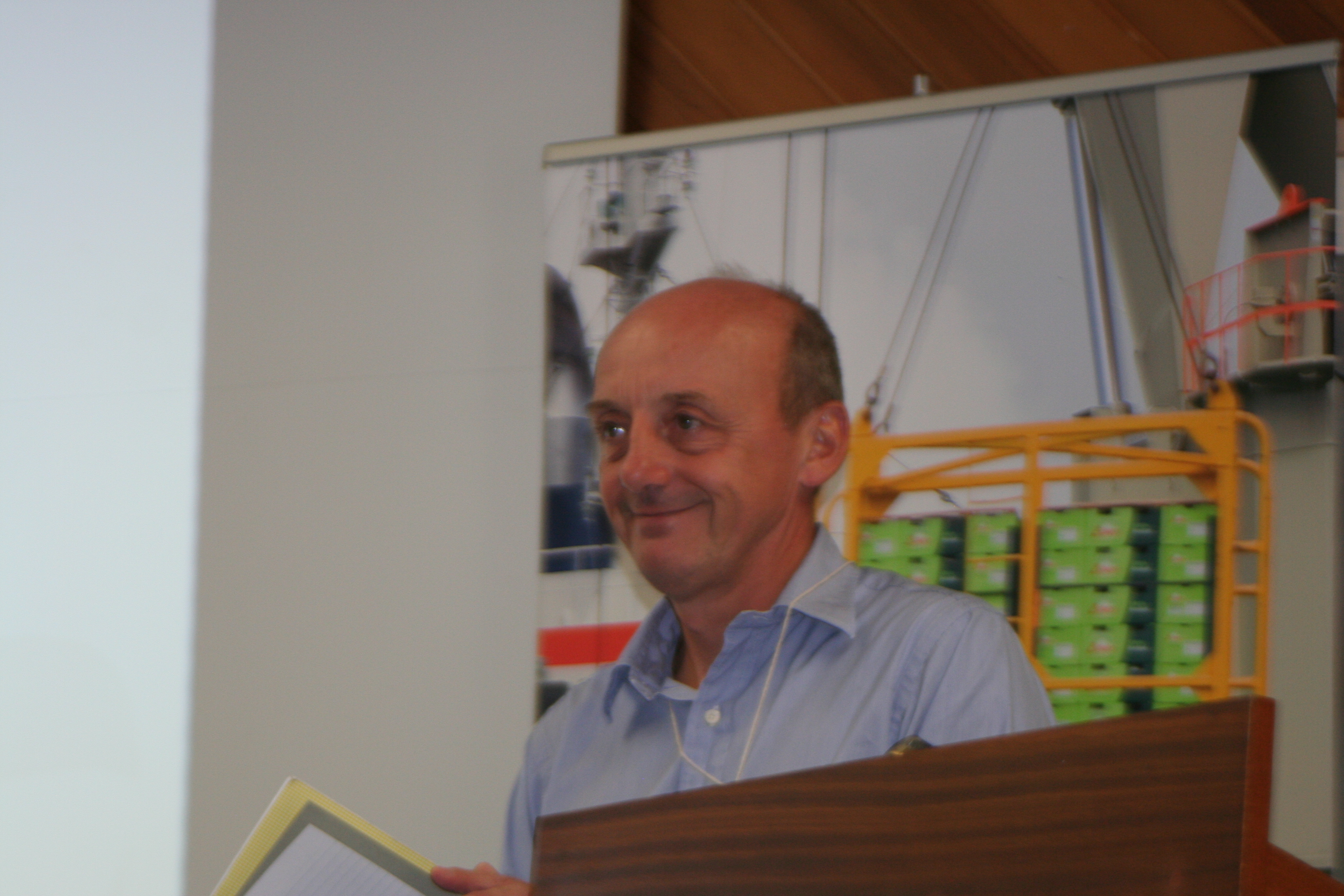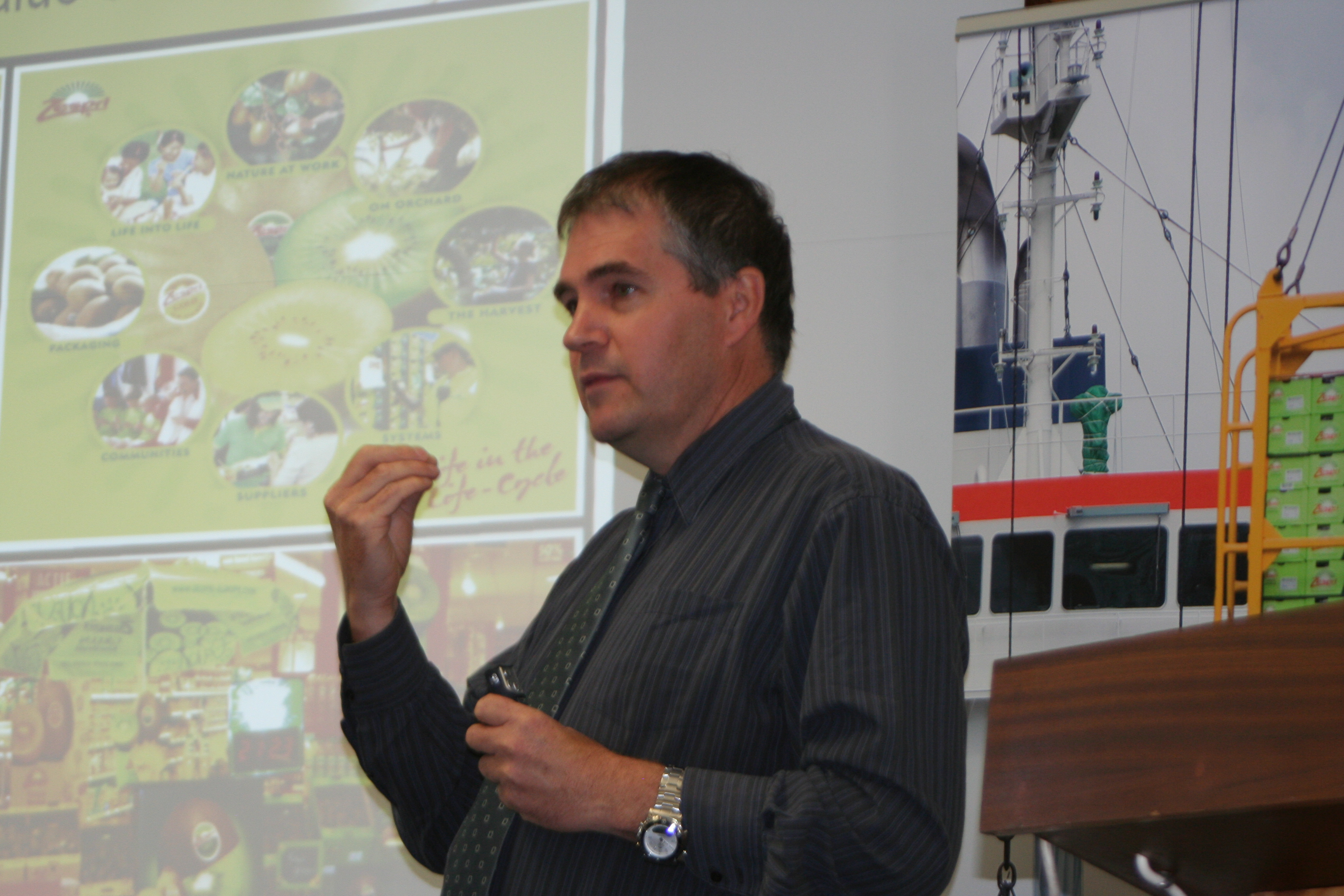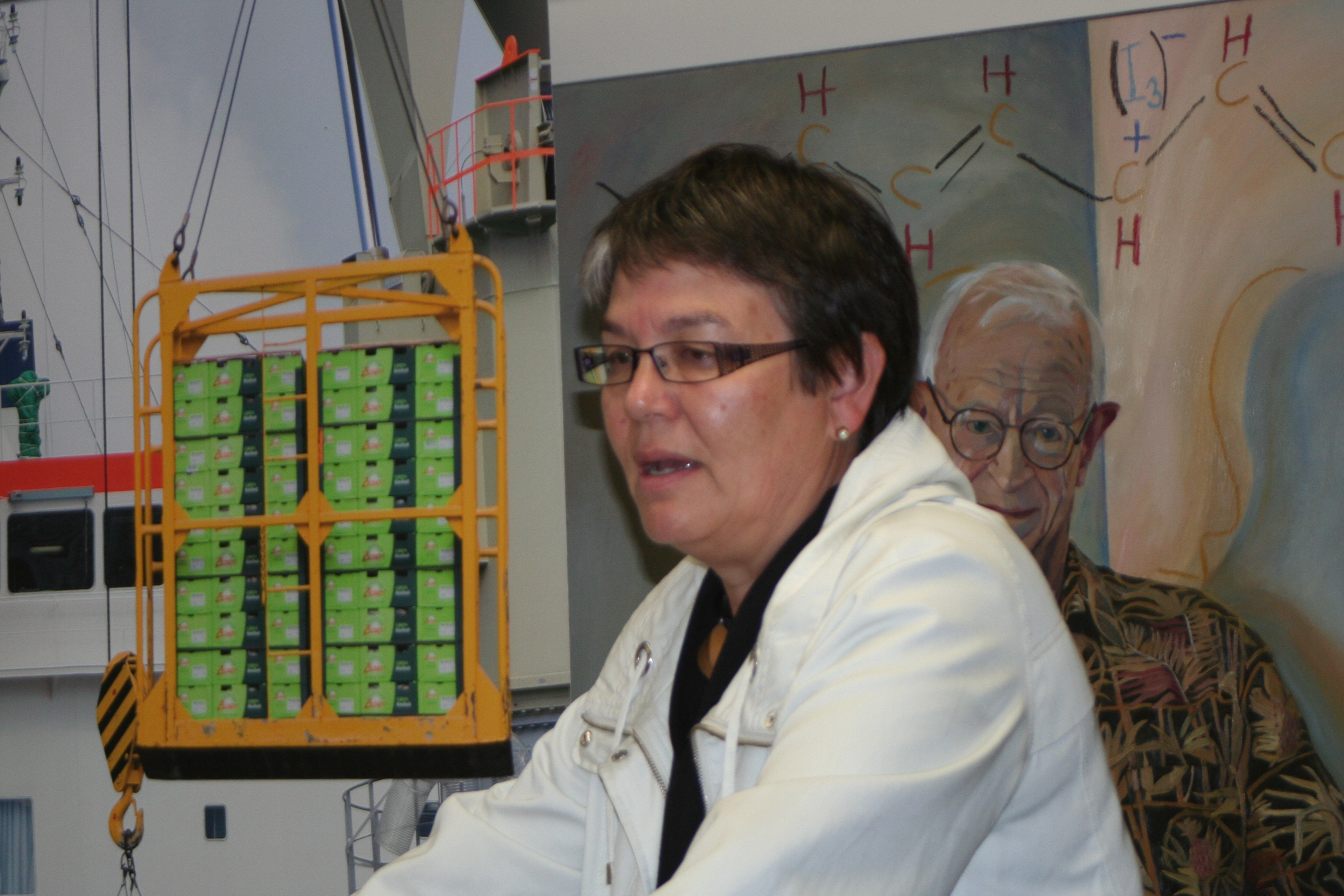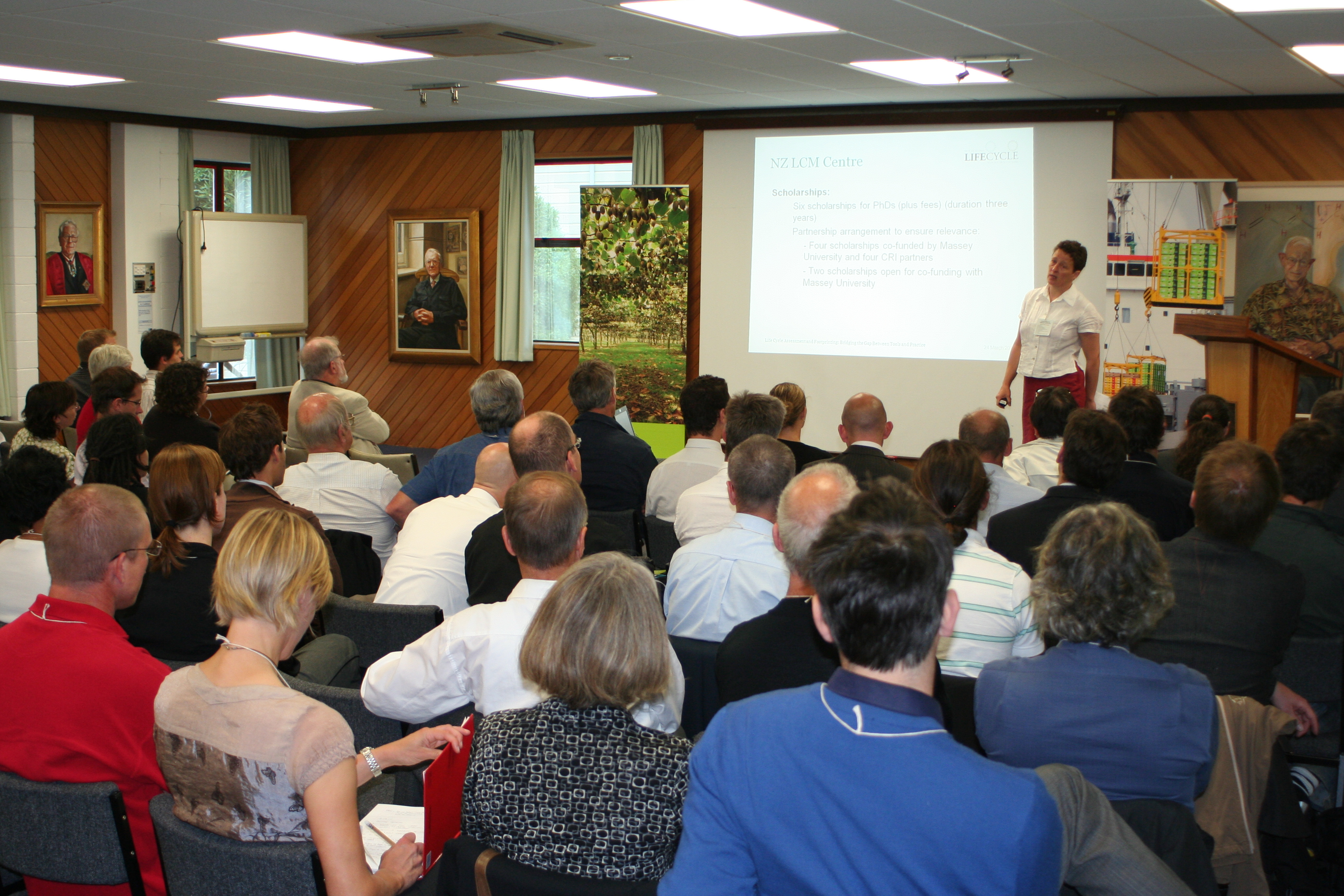First LCANZ and NZLCM Conference in New Zealand – Review
Wednesday 24, March 2010
Wednesday, March 24, 2010 – 09:00 to Thursday, March 25, 2010 – 18:00

“Bridging the Gap between Tools and Practice” was the title of the 1st Life Cycle Assessment (LCA) and Footprinting conference held in 2010 in New Zealand, jointly organised by LCANZ and the NZLCM Centre. The conference, held over two days at the Royal Society in Wellington, featured four keynote speakers. Professor Roland Clift, Distinguished Professor of Environmental Technology at the University of Surrey, UK, set the tone for the conference by laying out why we need to engage in Life Cycle Management, and outlining the types of societies that may be regarded as sustainable in the future. James Stevenson-Wallace from the Ministry of Agriculture and Forestry explained how New Zealand’s Greenhouse Gas Strategy is supporting New Zealand businesses to proactively respond to the sustainability challenge. On the second day, Nigel Howard, President of the Australian Life Cycle Assessment Society, described the LCA work that is underway with the building and construction sector in Australia, and Alistair Mowat from Zespri gave an overview of Life Cycle Management at Zespri. During the conference there were twenty expert presentations on LCA and footprinting studies and research, an extended poster session featuring sixteen posters, and a Panel Discussion session. A highlight was the conference dinner where prizes were awarded for the oldest, most creative and most environmentally sound “recycled” conference bags. Judging from the feedback of the nearly 90 participants, mainly from New Zealand but also from Norway, Austria, UK, and of course Australia, the conference achieved its goal in contributing to closing the gap between tools and practice. Feedback from the conference indicated that people particularly appreciated: • “The casual, social, friendly attitude. Respectful discussions that look forward and drive the LCA industry forums.” • “Relaxed atmosphere. No politics. Common cause.” • “Meeting a wide variety of people – researchers, consultants, businesses – all interested in the same subject!” • “Discovering that representatives from competing products were equally frustrated with throwing stones at each other on environmental claims.” The conference organisers were particularly impressed with the number of people at the conference who were really interested and knowledgeable in the area of LCA, and who engaged in the discussions about methodology, application and the direction of LCA in New Zealand. For LCANZ, the conference provided an excellent opportunity to present the core elements of the LCANZ strategy: “drive best practice”, “communicate and network” and “advise policy makers”. “Best practice” and a high standard of quality of LCA and carbon footprinting studies are regarded as essential for credibility of the tools, and include not only the studies themselves, but also the use of the results. “Communicate and network” aims at growing the network and increase uptake of LCA by communicating benefits, and includes communication not only on ‘practitioner’ level on ‘how to do LCA’ but also on ‘user’ level, on how to use LCA. The third objective is to provide input to further the incorporation of life cycle thinking in policymaking. Working groups for all three areas were initiated at the conference. For the newly established New Zealand Life Cycle Management Centre, the conference provided a forum to present the new work programme of the Centre, and invite applications for four PhD scholarships to be awarded for Life Cycle Assessment and Management research in New Zealand. Continuing Professional Development (CPD) papers in Life Cycle Assessment and Management are being developed at Massey University, and will contribute to developing capability in this area; the first one will be offered in July to November 2010 and provide participants with a detailed knowledge of LCA methodology and application. Lastly, many thanks are due to the Conference Organising Committee who spent many hours in teleconferences in the months leading up to the conference: Carol Kelly (Massey University), Stewart Ledgard (AgResearch), Jake McLaren (Formway Furniture), Sarah McLaren (Landcare Research/Massey University), Alistair Mowat (Zespri) and Barbara Nebel (PE Australasia). Sarah McLaren Barbara Nebel Lead Conference Organiser LCANZ President LCANZ and NZLCM Centre Conference Organising Committee For keynote presentations see the presentations section.

